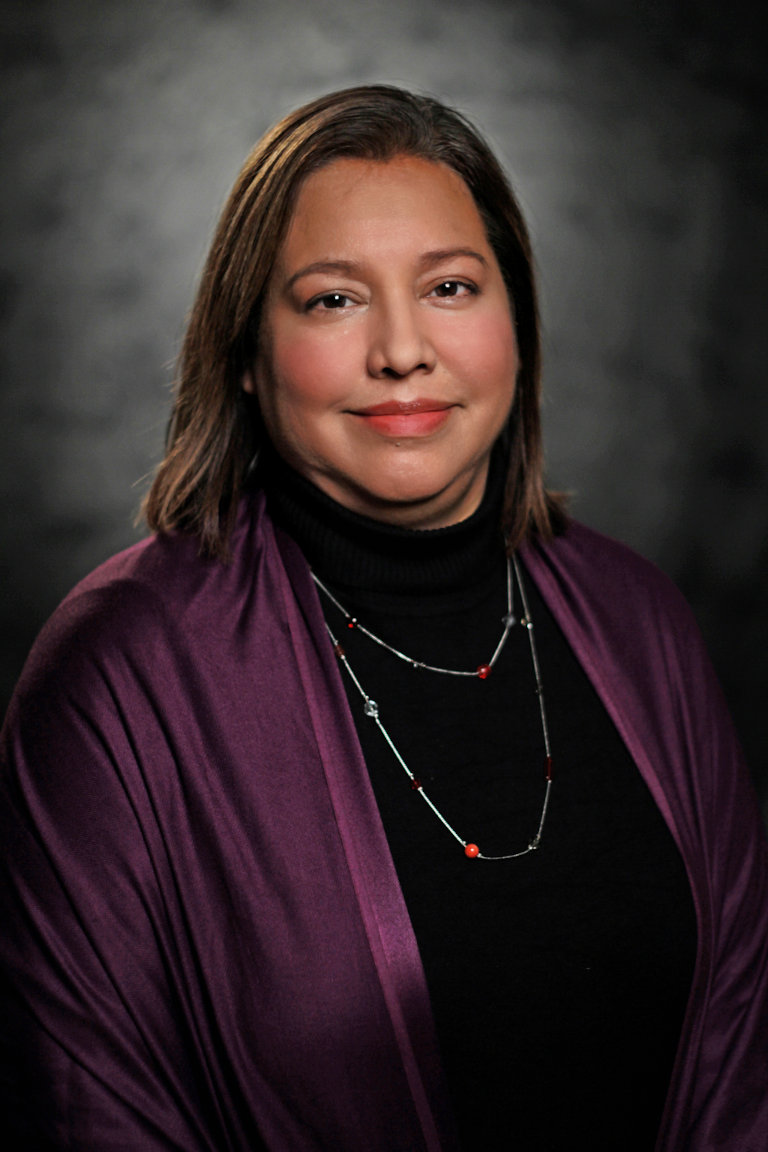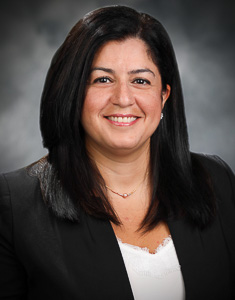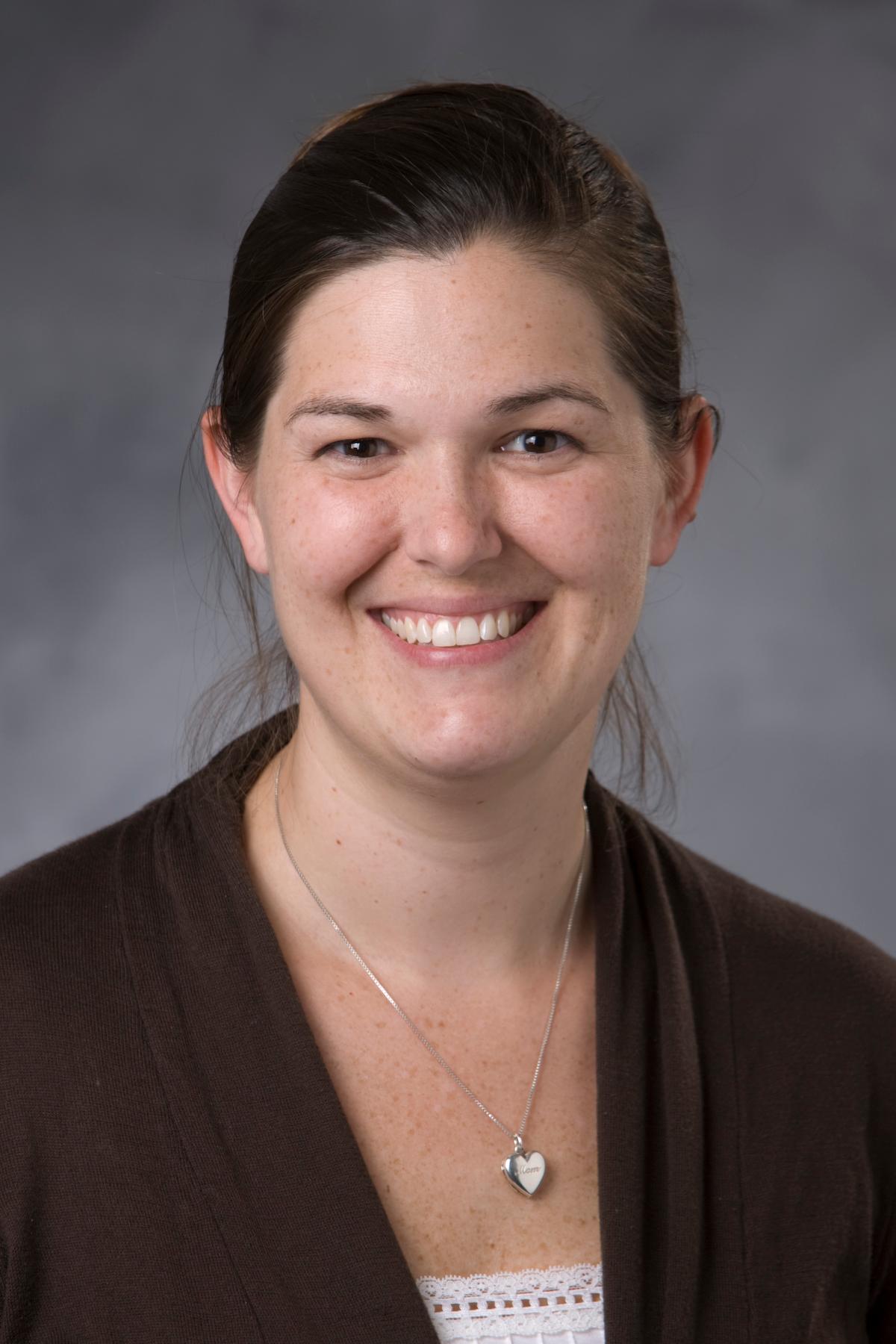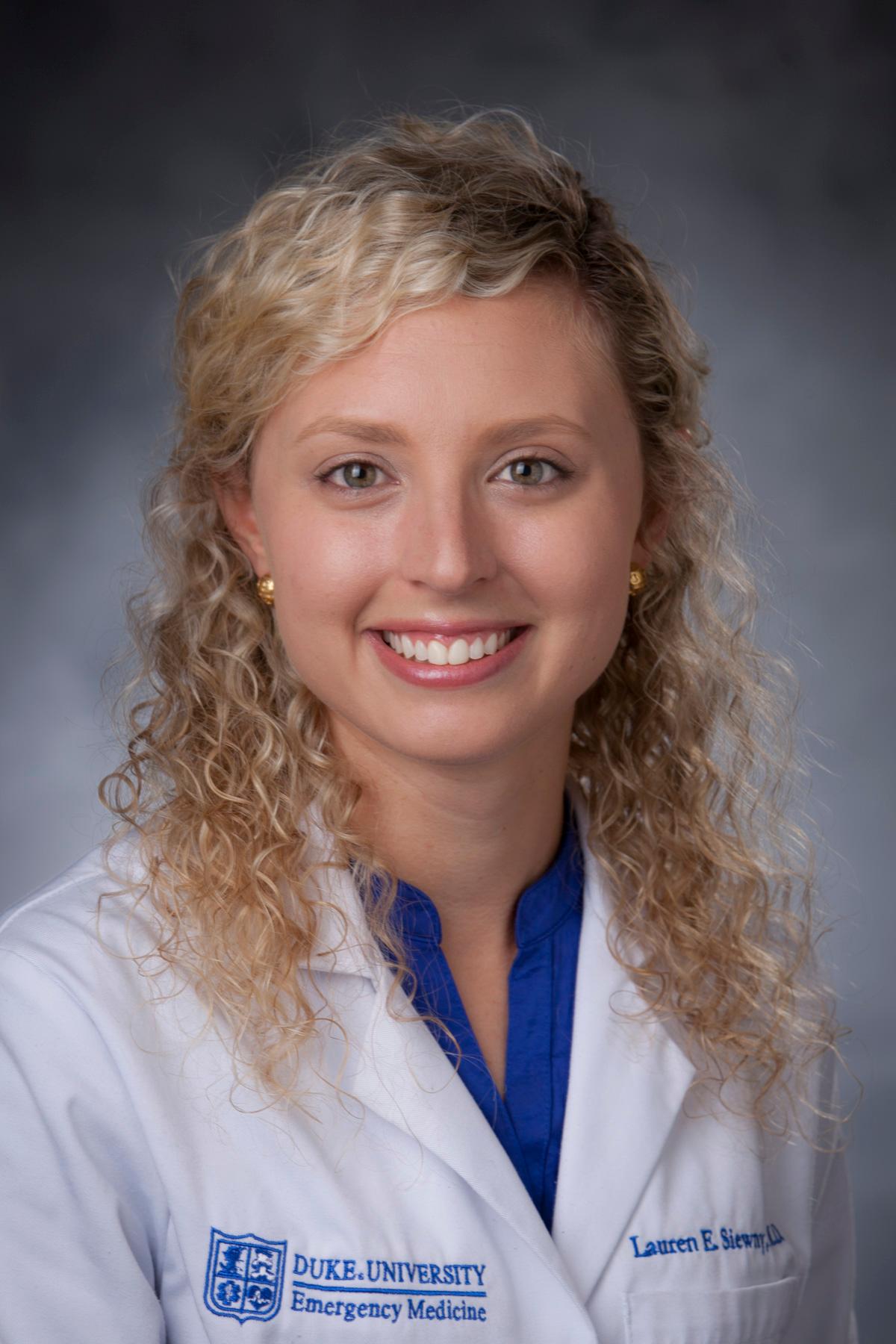About Us
The Emergency Department Sickle Cell Disease Crisis and Beyond site is part of a grant to re-design the process of emergency management for adults with sickle cell disease. Duke University School of Nursing works to contribute specialized knowledge to conduct a proactive risk assessment, develop and implement standardized processes and interventions, and conduct a formal program evaluation of the quality improvement implementation at each site to identify and improve the Emergency Department Sickle Cell Assessment of Needs and Strengths processes.
Paula Tanabe, PhD, RN, FAEN, FAAN
Dr. Tanabe is an Associate Professor in the Schools of Nursing and Medicine at Duke University and the Sickle Cell Disease Clinical Nurse Specialist for Duke University Health System. Dr. Tanabe teaches in the PhD and DNP programs in the School of Nursing. Dr Tanabe’s research in emergency medicine and health services includes studies of pain management practices in the ED and work with the Emergency Severity Index triage system. Dr. Tanabe’s current research focuses on improving the care provided to persons with sickle cell disease in an emergency department setting and she has received both federal and private foundation funding for her work in this area. She has funding from the Agency for Healthcare Research and Quality in this area. She is currently a member of the National Heart, Lung, and Blood Institute of the National Institutes of Health Expert Panel developing evidence-based guidelines for primary care and emergency department providers in the care of patients with sickle cell disease.
Corrie E. Chumpitazi, MD, MS
Dr. Chumpitazi is a pediatric emergency medicine specialist committed to providing high-quality emergency care to ill and injured children. Her clinical care focuses on providing innovative pain management and procedural sedation options while maintaining access to quality care. She is passionate about developing effective pain management options for chronic conditions that present acutely, such as sickle cell disease pain crises. She strives to harness every opportunity to teach emergent pediatric management to all levels of learners.
Nancy Crego, PhD, RN, CCRN, CHSEF
Dr. Crego is a registered nurse whose clinical experiences include psychiatric, adult trauma, adult critical care, pediatric intensive care, pediatric critical care transport, and pediatric cardiac intensive care nursing. Dr. Crego earned her BSN and her MSN in Nursing Administration at Barry University (Miami, FL), and she earned her PhD in Nursing at the University of Virginia. She came to the Duke University School of Nursing from the School of Nursing and Health Studies at Georgetown University, where she coordinated undergraduate courses and lectured on topics such as leadership, quality and transition to professional practice as well as care of infants and children.
Mariam Kayle, PhD, RN, CCNS, FAAN
Dr. Kayle is an Assistant Professor in the Clinical Health Systems and Analytics Division at DUSON. Dr. Kayle’s program of research aims to improve health outcomes among people with childhood-onset complex chronic conditions, with a focus on sickle cell disease (SCD). In partnership with the North Carolina Department of Health and Human Services, Division of Public Health, she co-leads the North Carolina Sickle Cell Data Collection Program (NC SCDC), a state-level surveillance program funded by the Centers for Disease Control and Prevention. NC SCDC curates and analyzes multi-source, population-level datasets to describe the epidemiology, health outcomes, and social determinants of health influencing SCD. Dr. Kayle collaborates with national and state partners to disseminate surveillance findings informing practice, research, and policy for SCD. She serves on several state-level committees on SCD.
Martha Kenney, MD
Martha Kenney, MD, is an Assistant Professor in the Department of Anesthesiology & Pediatrics at Duke University School of Medicine. She is an interdisciplinary pain researcher with expertise in pain management and physiology and pain processing in children and adolescents. Her research focuses on identifying modifiable risk factors for adverse pain outcomes in adolescents and young adults with complex painful conditions, especially sickle cell disease (SCD), and increasing community research engagement amongst underrepresented communities.
Mitchell R Knisely, PhD, RN, ACNS-BC, PMGT-BC, FAAN, is an Associate Professor in the Healthcare in Adult Populations Division of the Duke University School of Nursing. Dr. Knisely’s research focuses on the application of precision health approaches to understand and ameliorate pain and promote equitable pain care in individuals with sickle cell disease and other chronic pain conditions. His program of research includes studies seeking to understand biopsychosocial contributors to individuals' pain experiences, as well as pragmatic clinical trials evaluating the use of non-pharmacological interventions (e.g., acupuncture) for the treatment of acute and chronic pain.
Stephanie Ibemere, PhD, RN, joined the Duke University School of Nursing faculty on July 1, 2021 as a faculty member of the Healthcare in Adult Populations division. Dr. Ibemere's program of research aims to increase access to high quality care and improved health outcomes for underserved adults with chronic diseases by developing community and culture-driven interventions which increase health equity while building health system and provider capacity for chronic disease management. Dr. Ibemere's current research focuses in the U.S., West and Eastern Africa. Dr. Ibemere's long term goal is to improve the clinical model of care for sickle cell disease in low to middle income settings both in sub-Saharan Africa and in the United States by maximizing available resources and technology, tool adaptation, implementation science, and community-engaged research. Dr. Ibemere is also a collaborator on research teams aiming to promote equitable access to culturally centered healthcare interventions for other chronic conditions which disproportionately affect minoritized groups.
Charity Oyedeji, MD
Assistant Professor of Medicine
Jennifer Rothman, MD
Sickle Cell Disease
Bone Marrow Failure Syndromes
General Hematology
Nirmish Shah, MD
Associate Professor of Medicine
BoAssociate Professor in Pediatrics
John J. Strouse, MD
Dr. Strouse's research has focused on the epidemiology, risk factors, and prevention of the pulmonary and central nervous system complications of sickle cell disease and includes retrospective and prospective cohort studies and clinical trials. He received his Ph.D. in clinical investigation from the Johns Hopkins Bloomberg School of Public Health for a series of studies to identify predictors of cognitive function in children with sickle cell disease. This work has expanded to the evaluation of the interaction between environment and disease in both children and adults and the functional evaluation of adults with sickle cell disease. Other research interests include the application of large clinical, research, and administrative databases to the study of rare hematological diseases and interventions to improve quality of and access to care for sickle cell disease. Dr. Strouse serves on the American Society of Hematology Sickle Cell Taskforce and Sickle Cell Pain Guideline Panel and is co-chair of the American Society of Hematology Healthcare Professional Education and Training Work Group.
Lauren E. Siewny, MD, FACEP is an Assistant Professor in the Department of Emergency Medicine at the Duke University School of Medicine and a board-certified Emergency Physician. A graduate of the Wright State University Boonshoft School of Medicine, she completed her training in Emergency Medicine at Duke University Hospital, where she served as Chief Resident and continues to work clinically as a board-certified Emergency Physician. Administratively, as Medical Director of the Duke University Hospital Emergency Department, her areas of interest include ED utilization management, complex care management, and advanced health analytics. Academically, Dr. Siewny is an NIH-funded and published researcher whose work focuses on using implementation science to identify and address barriers to quality care in sickle cell disease. Dr. Siewny has also taught medical students, graduate medical education, and continuing medical education courses for the past ten years and mentored both undergraduate and graduate students. These efforts have been recognized with several teaching, academic achievement, and service leadership awards.
Funding Acknowledgement
This project was funded under grant number AHRQ, R18 HS019646 from the Agency for Healthcare Research and Quality (AHRQ), U.S. Department of Health and Human Services. The opinions expressed [in this document/website] are those of the authors and do not reflect the official position of AHRQ or the U.S. Department of Health and Human Services.











